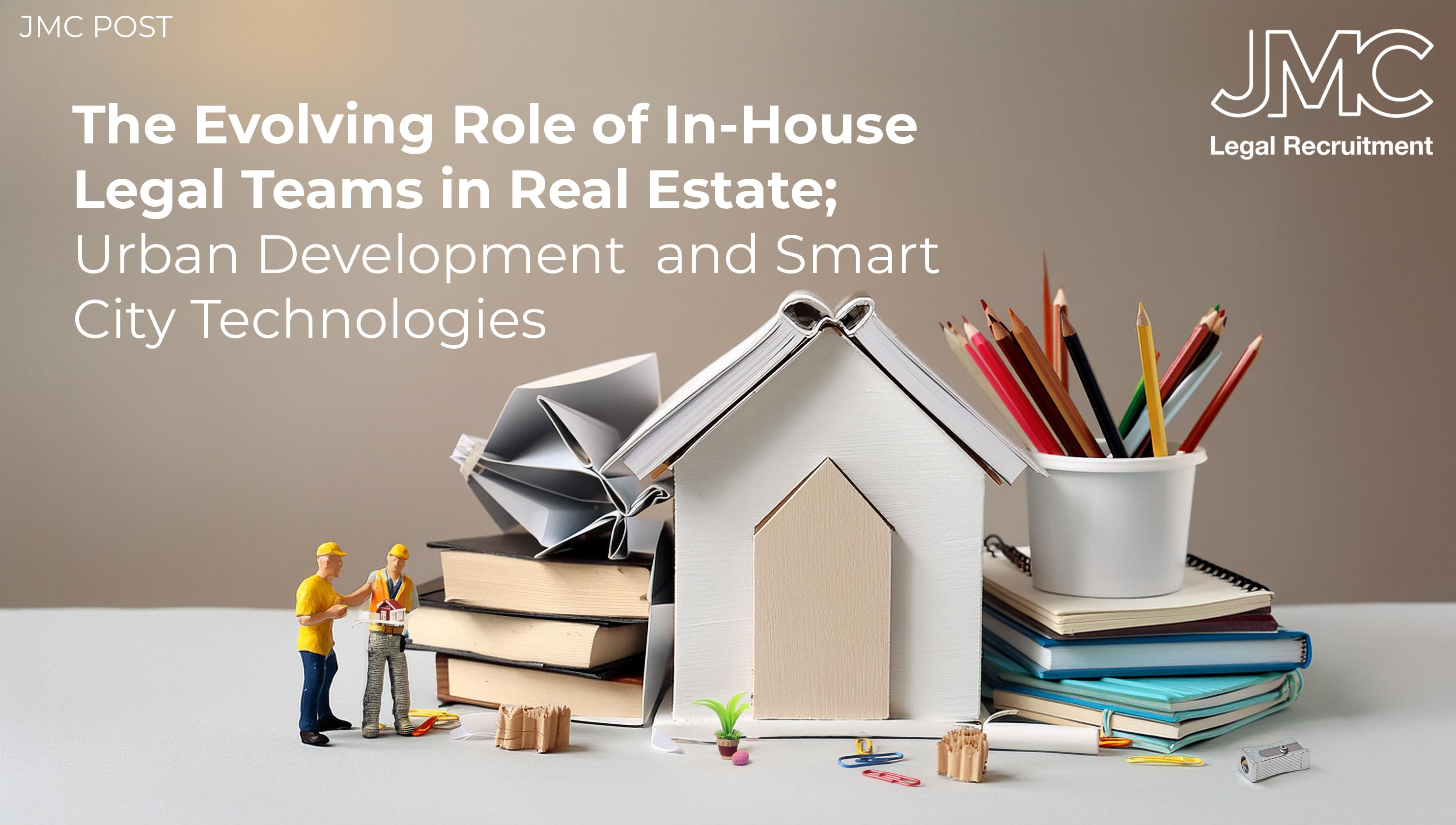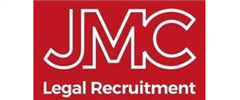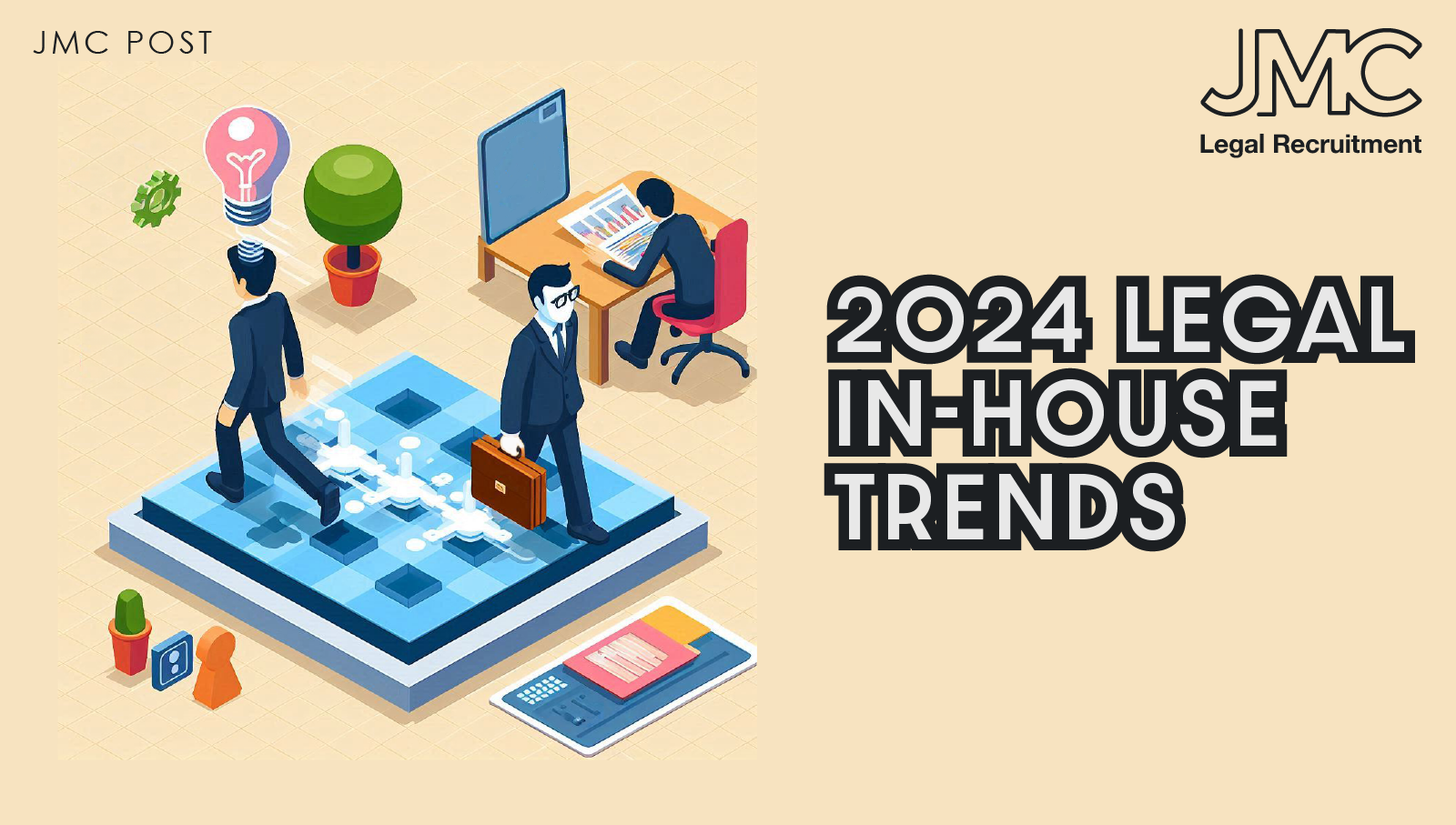
The Evolving Role of In-House Legal Teams in Real Estate: Urban Development and Smart City Technologies
19 Jun, 20245 minutes
In recent years, the role of in-house legal teams within real estate companies has become increasingly crucial, especially as urban development projects grow in scale and complexity, zoning laws evolve, and smart city technologies are implemented.
Urban Development: Balancing Growth and Compliance
Urban development is a multifaceted process that involves significant legal oversight. In-house legal teams play a pivotal role in ensuring that real estate projects comply with a myriad of laws. From acquiring land and securing permits to addressing environmental impact assessments and managing community relations, legal counsel are integral at every stage. Their expertise helps streamline the development process, ensuring that projects are not delayed by legal obstacles or community opposition.
Legal Counsel will provide strategic advice on negotiations with governmental bodies and stakeholders, ensuring that the company's interests are protected while adhering to regulatory requirements. Their involvement is critical in drafting and reviewing contracts, handling disputes, and managing the legal aspects of financing large-scale projects.
The Rise of Smart Cities: New Legal Challenges
The advent of smart city technologies has introduced a new dimension to urban development. These technologies, which include IoT devices, data analytics, and automated infrastructure systems, promise to enhance urban living through increased efficiency and sustainability. However, they also bring a host of legal challenges that in-house legal teams must address.
One of the primary concerns is data privacy and security. Smart city technologies collect vast amounts of data from various sources, raising significant privacy issues. In-house legal teams must ensure that the implementation of these technologies complies with data protection laws and regulations, such as the GDPR and the CCPA in the United States. They are responsible for drafting data use policies, negotiating technology contracts, and managing data breach responses.
Regulatory Compliance and Innovation
As smart city initiatives often involve public-private partnerships, in-house legal teams must navigate the complexities of such collaborations. This includes ensuring compliance with public procurement laws, addressing liability issues, and managing intellectual property rights. They also play a crucial role in lobbying for regulatory frameworks that support technological innovation while protecting public interests.
Additionally, the integration of smart technologies into existing urban infrastructure presents unique legal challenges. Legal teams must address issues related to retrofitting buildings with new technologies, managing the legal implications of autonomous vehicles, and ensuring that new developments are future-proofed against evolving technological standards. Their expertise ensures that these innovations are legally sound and sustainable.
Mitigating Risks and Maximising Opportunities
In-house legal teams are not just reactive problem solvers but proactive strategists. They identify potential legal risks early in the development process and devise strategies to mitigate them. This proactive approach is crucial in an industry where legal challenges can lead to significant financial and reputational damage. By staying ahead of regulatory changes and industry trends, in-house legal professionals help their companies adapt swiftly and maintain a competitive edge.
The role of in-house legal teams in the real estate sector is multifaceted and evolving. As urban development projects become more ambitious and smart city technologies more prevalent, these legal professionals are indispensable. They ensure that companies navigate the legal intricacies of urban development, comply with regulatory requirements, and harness the potential of new technologies.





